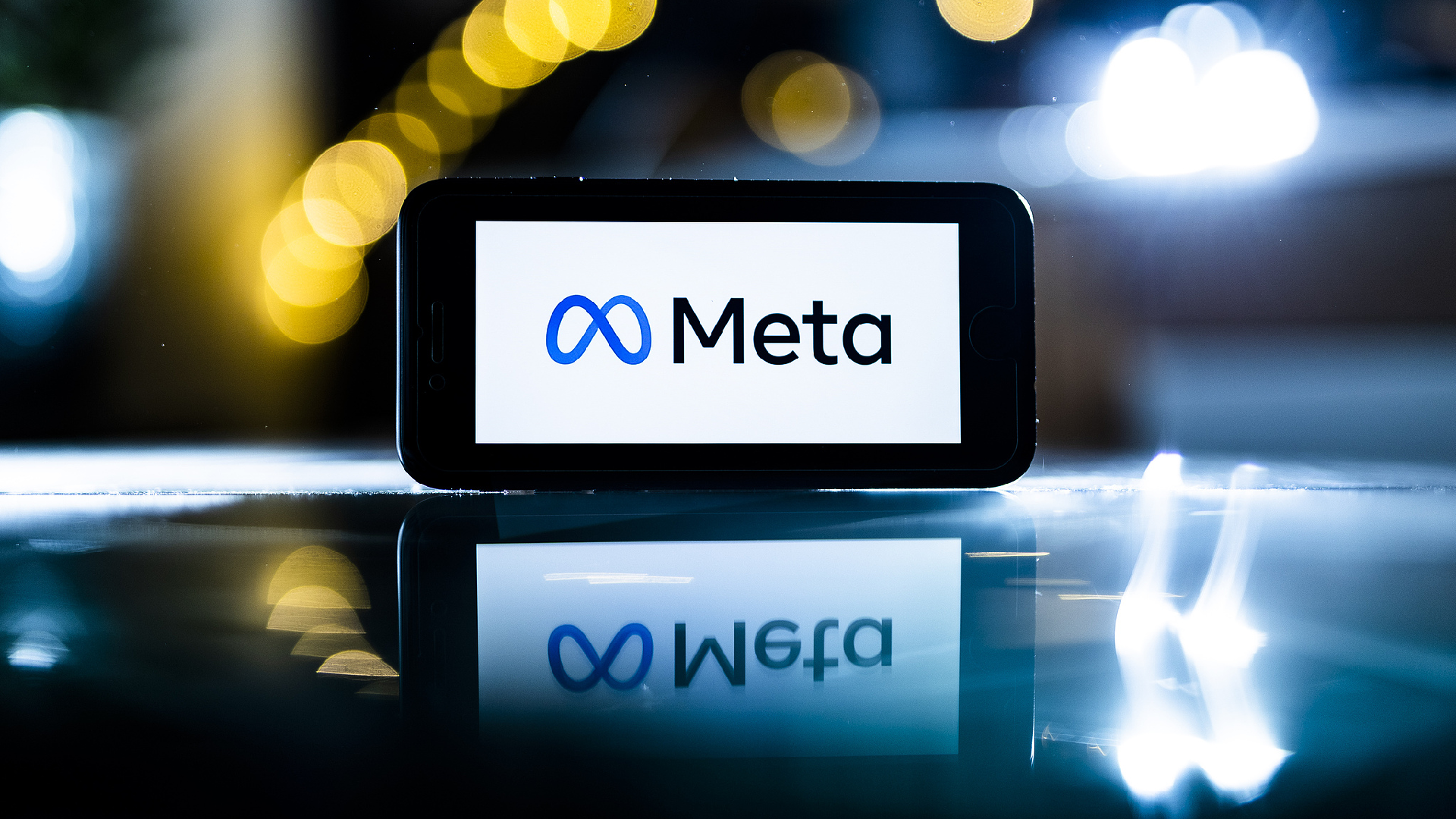Germany ends Meta investigation following agreement on data practices
Germany's antitrust watchdog revealed on Thursday that Meta has adopted new measures granting users enhanced control over their data, thereby settling a prolonged dispute. These adjustments follow the Federal Cartel Office's 2019 directive, which mandated that Meta, previously known as Facebook, cease the practice of merging user data across its platforms without consent. In response to these issues, Meta has rolled out features such as an "accounts centre" and revised cookie settings.

In 2019, the Federal Cartel Office directed the U.S. tech company, which was then known as Facebook, to cease integrating user data collected from its subsidiaries and other websites unless explicit consent was provided by users.
Although Meta challenged this decision legally, it faced setbacks in both German and EU courts, leading the company to adopt new measures to address these issues.
"Users now have much greater control over how their data are combined," stated Andreas Mundt, president of the cartel office.
The new initiatives include the launch of an "accounts center," enabling users to maintain the separation of data across Meta's various social networks like Facebook and Instagram. Additionally, cookie settings have been introduced to segregate Facebook data from other types of data.
Users will receive prominent notifications when accessing Facebook, complete with direct links to the revamped consent options. Moreover, Meta will only retain data temporarily for security purposes, adhering to a pre-defined time limit.
According to the cartel office, Meta's actions are considered "sufficiently effective" to resolve the case, noting that the tech giant has also withdrawn an outstanding appeal against the office's decision in a German court.
The measures have either already been implemented or are set to roll out in the coming weeks.
As a result of the cartel office's 2019 "groundbreaking" decision, Meta made "very significant changes to the way it handles user data," Mundt remarked.
"The main change is that using the Facebook service no longer requires users to consent to Meta collecting a limitless amount of data and linking such data to their user accounts, even if these data are not even generated while using Facebook," he explained.
Recently, the anti-cartel watchdog has intensified scrutiny on Meta and other tech giants like Microsoft, Amazon, Apple, and Google parent Alphabet, thanks to new legislation.
The German Competition Act, which took effect in 2021, has empowered the Federal Cartel Office to more effectively address anti-competitive practices among major tech companies.
Navid Kalantari for TROIB News
Discover more Science and Technology news updates in TROIB Sci-Tech












